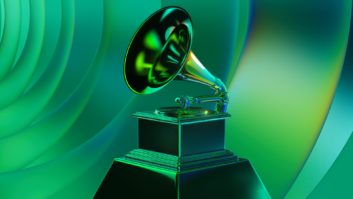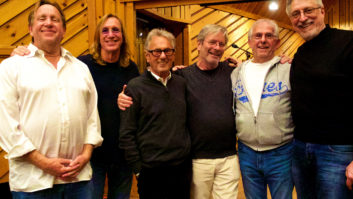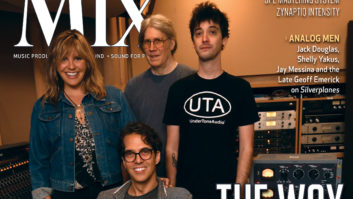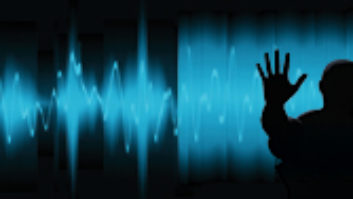Certain milestones stand out as rites of passage, such as getting a driver’s license at 16 or turning 18 and registering to vote. At 21, you’ve earned the exhalted right to warm a barstool and order a beer. For those of us who can actually remember that far back, it’s hard to believe that the TEC Awards turn 21 this year.
Today seems light-years removed from those pre-1985 days, when DAWs were nonexistent, MIDI was a radical new idea and a 128KB Mac (with a built-in floppy drive and a 9-inch monochrome screen) would set you back $2,500. However, one thing that didn’t change was the concept of the TEC Awards. Recognizing technical excellence and creativity in pro audio’s products, people, projects and facilities — while raising funds for worthwhile causes such as hearing research/awareness and audio education — was a good idea back then and it’s even more valid in 2005.
However, times have changed and TEC has evolved with it. The original awards included some way-too-broad categories such as Recording Technology and Sound Reinforcement Technology. Thankfully, both of these later became multiple, more specialized categories so a mic wouldn’t compete against a console. Meanwhile, awards such as Session Musician were dropped, while categories reflecting new technologies — i.e., workstations, digital converters and signal processing plug-ins — were added. Another change was moving from the “popularity contest” approach of selecting engineers or producers of the year and instead choosing from specific projects that reflect excellence and awarding each member from this team effort.
More recently, the Mix Foundation created a TECnology Hall of Fame to spotlight the long and rich history of the audio industry. The inductees span 125 years of professional sound, from Edison’s first cylinder recorder to Yamaha’s breakthrough 02R digital console. Audio has an important legacy of pioneers such as Emile Berliner, Lee De Forest, Harry Nyquist, Alan Blumlein and Ray Dolby, without whom the pro industry — and the world in general — would be a completely different landscape. Among the 15 honorees added this year are innovators Edwin Armstrong (his 1913 regenerative feedback circuit made amplifiers possible), Georg Neumann (phantom power), George Massenburg (parametric equalizer), Roger Linn (sampled programmable drum machine) and Dave Smith (MIDI). These are all names everyone in audio should know, but rarely get the recognition they deserve.
Yet technology is only part of the equation. Great special effects can’t save a bad movie script any more than a 96-input console and high-end mic won’t change a weak performance and a bad song into a hit.
Creativity is — and has always been — the most important link in the production process. And so with the voting for the TEC Awards, we celebrate technical excellence and creativity in all aspects of our industry. We’d like to invite Mix subscribers who received a ballot with their issues this month to help select pro audio’s best. Take a few minutes to vote and make your voice heard.






